Norton Secured. Microsoft Gold Partner. BBB Accredited. Yes, you see website trust seals everywhere.
Do all of those websites guarantee security and safety? Probably NO.
Here's why.
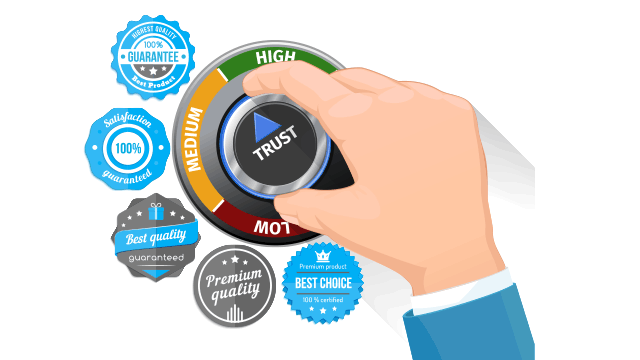
After all, these seals are just images that can be easily copied and displayed on the website. Fraud websites take advantage of these reliable website trust seals and display a fake image in the form of a seal on their site. So, you shouldn't blindly trust each website with an image saying "secured" or any similar term.
For example, a website claims to be BBB accredited, but it is nothing when you click on the seal. It is just an image pasted on the webpage.
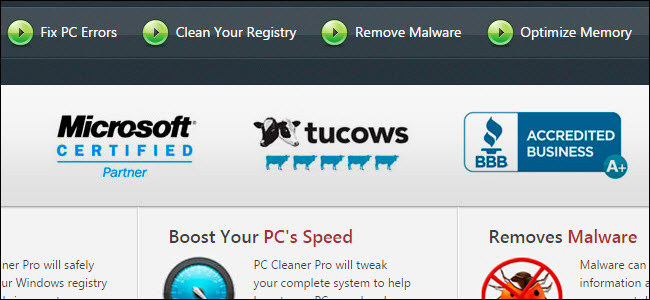
Another instance is an SEO service company that says it featured big brands, namely Daily Telegraph and others, but there is no proof or testimony on the mentioned brand's website.

What is the purpose of Website Trust Seals?
A trust seal is a seal or badge that you will find on almost all websites today. If I stress on a specific category of websites, I can say you will mostly see them on e-commerce sites. When used appropriately, it lets you know about the brand or business. Whether it is legitimate or not, what is the experience of other customers with the website, and most importantly, is your data secure with the website.
Types of Website Trust Seals
Many seals and badges are displayed on websites depending on the business type. Here are a few of the most widely used trusted badges and seals types.
Which Website Trust Seals are the Most Reliable?
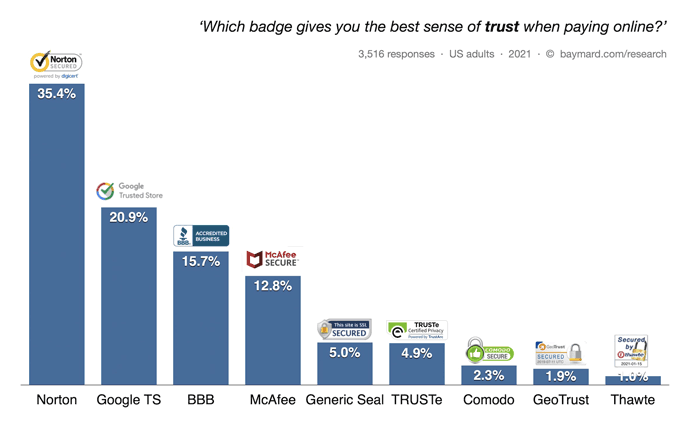
Image Credit: Baymard.com
SSL Secure Site Seal
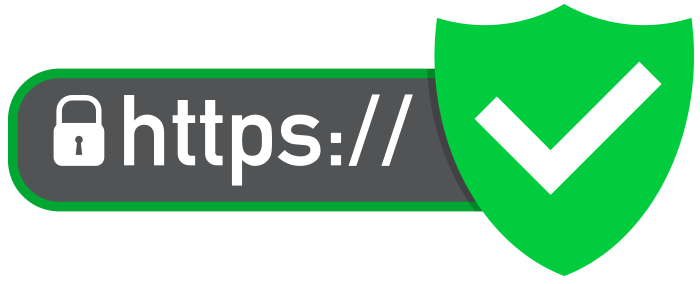
All websites should have an SSL (Secure Socket Layer) Certificate mainly for the security of personal data. It provides secure and encrypted communication between the client and the server. Hence, always ensure that the website uses SSL before entering any sensitive data like login details, address, etc.
Trust seals for eCommerce

eCommerce trust seals are important to gain information on the business. Also, they can provide you with an extra layer of protection in the form of genuine customer reviews. It gives you peace of mind and confidence in placing orders with a great discount store you just discovered online.
Third-Party Endorsement Badge
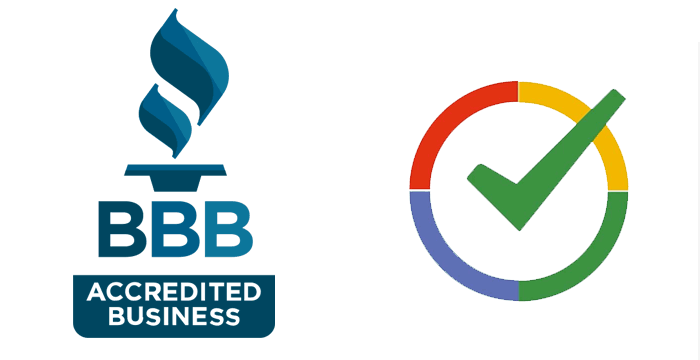
Third-Party Endorsement means third-party companies verify and endorse the business. Hence, improving the credibility of the website or brand. As a Website trust seal, it can help you to verify the address and physical presence of the business.
Google Customer Reviews for local businesses and Better Business Bureau Accredited Business (for businesses in the USA) are two widely used website trust seals third-party endorsement badges.
Where do I find the Website Trust Seals?
A trust seal or badge is usually found on the eCommerce store, mostly during checkout, indicating that their data is secure. Trust seals can go below the "Add to Cart" or "Buy Now" button for product pages.
On many websites, you can also find them on the Website header. In general, you do not have to worry. The website admin will make it a point to display the trust seals in the most noticeable places. However, you have to carefully inspect them before assuming their legitimacy.
In the section below, I am listing a few methods to inspect website trust seals.
How do you verify a website's Trust Seals?
1. Seal should be Clickable

The first check is that all the trust seals on websites should be clickable. On click, they should take you to the original certificate or the issuing company or original page where there is mention of the website in question.
Hence, by the combined effect of the website trust seals you can deduce if the company is verified and real, unlike other fly-by-night websites made to steal your details.
2. Check Browser Lock (Check if a website's connection is secure)
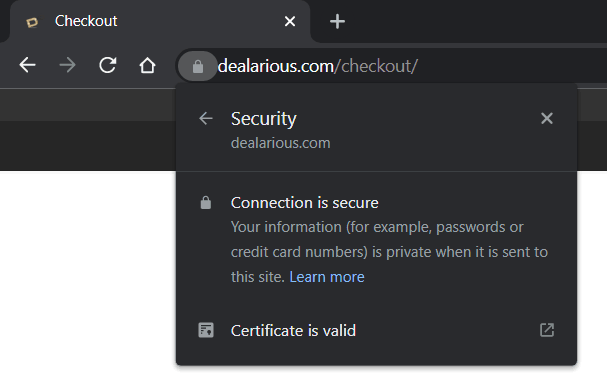
Your browser won't lie to you. It is installed on your system, and the website cannot paste an image on the browser.
While making any financial transaction, look above the address bar of the browser; it should read "HTTPS" instead of regular "HTTP." Additional "S" represents the "Secured" protocol. Whatever information processed through that webpage is sent to servers in an encrypted, unreadable form.
Along with that, you might also notice a "Lock" besides the website URL. You can click on it to verify if it's for real.
3. Use Common Sense
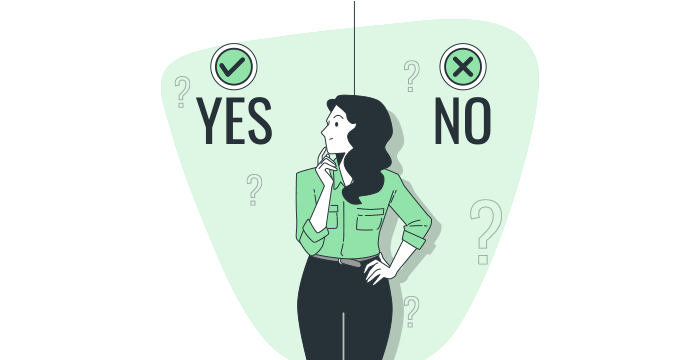
While moving around the website, if you feel that it is too good to believe, better leave instead of carrying out a purchase. Remember, whatever is posted on the website should have proof hyperlinked to it.
Such websites display a fake seal of trust to misguide you into a false sense of security. They're already breaking the law, so violating the seal providers' copyright isn't a problem. But, you should take care of your future purchases and be a wise customer. Always search for the website's real customer reviews on reputed review websites.
Conclusion: Are Website Trust Seals Reliable?
Be more cautious than ever today while giving sensitive information online. You should only trust the most popular and well-established brands.
However, while researching newly discovered brands, do not base your trust only depending on the website trust seal images on the website. Always check if the trust badges like Reviews, Security, BBB are clickable. Then you should verify the data on the third-party website.
Sourojit is the Executive Editor at Dealarious and has been writing reviews, tips, and how-tos since 2008. A Computer Science Engineer by degree, he enjoys turning complex tech into simple, useful insights.
Outside of work, he’s a DIY enthusiast who enjoys gardening, long drives, and building custom PCs, often experimenting with water-cooled setups. Over the years, he has played the roles of reviewer, storyteller, experimenter, and teacher.